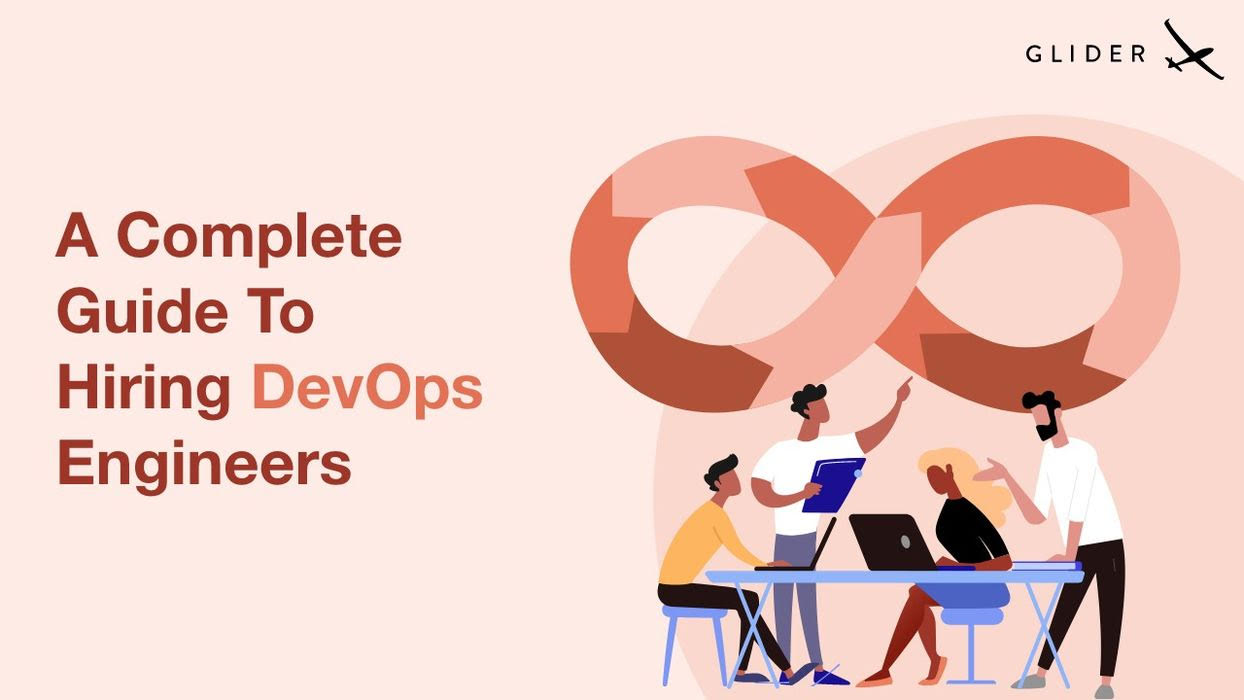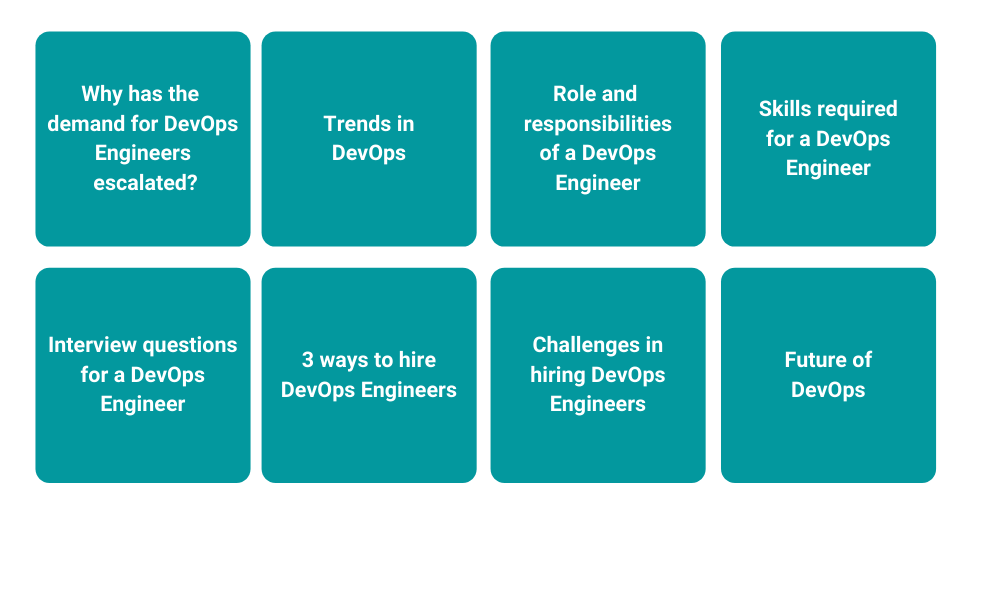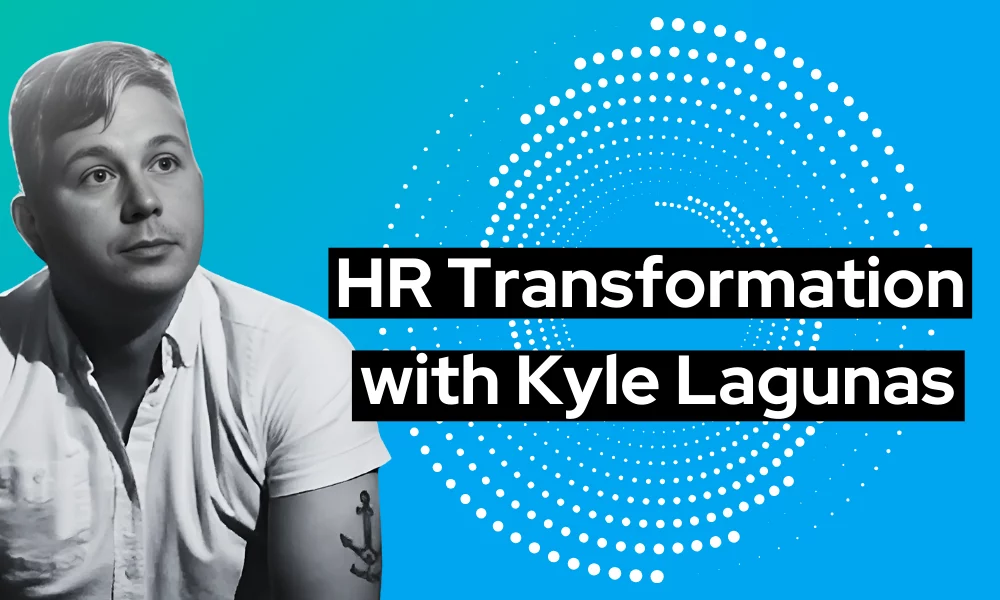
Make talent quality your leading analytic with skills-based hiring solution.

The urge for recruiting DevOps engineers has escalated over the years. According to a report from Google Cloud and Harvard Business Review Analytic Services, two-thirds of companies that use DevOps have seen benefits impacting their bottom line, including:
As more companies are inclined towards hiring DevOps engineers, recruiting them has become more difficult. Questions like how to become a DevOps Engineer in 2022 have become ubiquitous.
According to DevOps Institute’s 2020 Upskilling: Enterprise DevOps Skills research, 58% of respondents say that finding skilled DevOps individuals is a huge challenge, and 48% say the retention of skilled DevOps individuals is a challenge.
Among all the lucrative careers of 2022, DevOps takes one of the top 5 spots.
Keep on reading this blog to find answers to the following

With every passing year, the world is getting more dependent on IT. The Internet of Things is one of the trending topics in 2022. This phenomenon has resulted in the growth in demand for DevOps, persuading companies to be a part of the Agile software revolution. This growth and the need for a new system have escalated the rise of DevOps hire.
According to a report by Markets and Markets, the DevOps market will have a compound annual growth of 24.9% within 2023. There are plenty of reasons behind the increase in demand for DevOps engineer’s profiles.
DevOps is climbing the ladder of progress since its advent and has a long way to go. As per IDC, the DevOps market is expected to reach USD 6.6 Billion by 2022.
Organizations are adopting DevOps fast and thus, employers must be aware of the newest trends in DevOps for better functioning and production.
Manual Processing will be forgotten and automation will take place: DevOps implementation comes with better efficiency and faster results. But there is still a lot of manual processing, causing unnecessary friction.
As per technical gurus, time-taking manual processing will be a thing of the past and the concept of “Zero-touch Automation” will be the future. Organizations will automate processes such as change management, increasing proficiency and efficiency through data and policy automation.
DevOps Assembly lines will take place of CI Pipelines: In the following decade, the focus will be on achieving Continuous Delivery (CD) rather than Continuous Integration (CI). The goal is to increase automation and improve the delivery procedure. As per experts, DevOps Assembly Lines will take control over CI pipelines.
Artificial Intelligence and Machine Learning will be reliable sources to increase efficiency: Apart from all the establishments in DevOps, the lack of risk visibility is a big obstacle in the path of full automation. In the coming years, organizations will rely on AI and ML to ensure end-to-end visibility and data automation. Analytics will be the go-to for leveraging information on stage gates and policies based on prior performance.
Use of serverless architecture: Serverless architecture will help in saving time, and costs, and ensure a steady workflow. Over 20% of companies have already implemented serverless architecture to ease production and increase visibility. All the aspects of this phenomenon, such as PaaS, Laas, Baas, Faas, and LaaS can be turned on through cloud architecture.
Embedded security (DevSecOps): To save the company’s reputation from getting impacted due to security breaches and vulnerabilities, DevOps will include DevSecOps to ensure the security of the app development cycle. DevSecOps will also bring collaboration in software development and ensure that the process runs smoothly.
A DevOps engineer is one who is adept in ‘development’ and ‘operations’. The individual is responsible for helping the various development teams to increase efficiency by providing technical support, ultimately helping the team to manage the application development cycle. They are also responsible to fix errors, providing regular updates, keep by the company’s objectives, and maintaining stability.
Responsibilities of DevOps Engineers:
Need for a DevOps engineer may arise due to any of these factors:
6 DevOps Roles:
Hiring someone for a DevOps role is a tough one. Different focal areas within DevOps encompass a vast array of skill sets. The following are the major areas in the realm of DevOps.
It is necessary to screen the candidates through proper evaluations to identify the skill set based on the focal areas.
Recruiters must look at these skills when looking for a DevOps role:
Depending on the DevOps role, recruiters need to craft the questions in such a way that they hit the important points while hiring. The questions should be tailored to bring out the skills required.
Hiring from Freelance Websites
Hiring a contingent worker for a DevOps role can be beneficial. They are:
Hiring through Recruitment Agencies
Recruitment agencies are adept at finding the right candidates based on the requirements of the company. The benefits of hiring through agencies are:
Hiring through Outsourcing Companies
This process is much more convenient compared to the others. The benefits are:
Cloud computing has grown so rapidly that it has become difficult to comply with the requirements. The role is so vast that hiring managers cannot create a clear concept of the hiring process. It also creates a particular challenge when hiring cross-platform developers.
DevOps engineers have to be talented and also, possess a great set of skills and experience. The job is too demanding and precise excellence is of top priority. Hence, hiring for the role is so challenging.
Some of the prime challenges are:
DevOps has a great and promising future. The applications of DevOps are developing each day and DevOps methodologies are changing with new tools and technologies.
The future of DevOps in 2022 can be seen as somewhat of a cultural shift, bringing conventionally disconnected components in the development, deployment, and delivery of software into a single loop. Organizations are finding that DevOps is replacing and improving their indigenous IT departments. The titles, roles, and overall management systems are changing with the development of DevOps and cloud management.
The key to proper execution is successful communication and integration among the teams.
The future of DevOps means the reduction of manual approvals and time-taking application processes through high-class automation and efficient performance management.

“The Perfect Candidate Just Hacked Us”: Inside the Global Playbook of Hiring Fraud That 100% test score might be your biggest red flag. Enterprise breaches don’t always start with phishing emails; sometimes, they start with a fake job interview. In this episode of Talented, Joseph Cole sits down with COO Ben Walker to unpack one […]

Can HR Stop Playing Buzzword Bingo with Skills and AI? If you’re an HR or TA practitioner or work in HR Tech in any capacity, AI and Skills-Based Hiring is what everyone is talking about. The problem? All the talk is diluting the importance of two very interrelated topics. Glider AI sponsored the Transformation Realness […]

Q&A with HR/TA Analyst Kyle Lagunas The traditional playbook that was HR is being rewritten. AI is reshaping work, skills-based strategies are transforming hiring, and HR teams are under pressure to deliver more with less. HR isn’t just about managing people anymore—it’s about engineering the future of work. In this Q&A session, Kyle Lagunas and Joseph […]